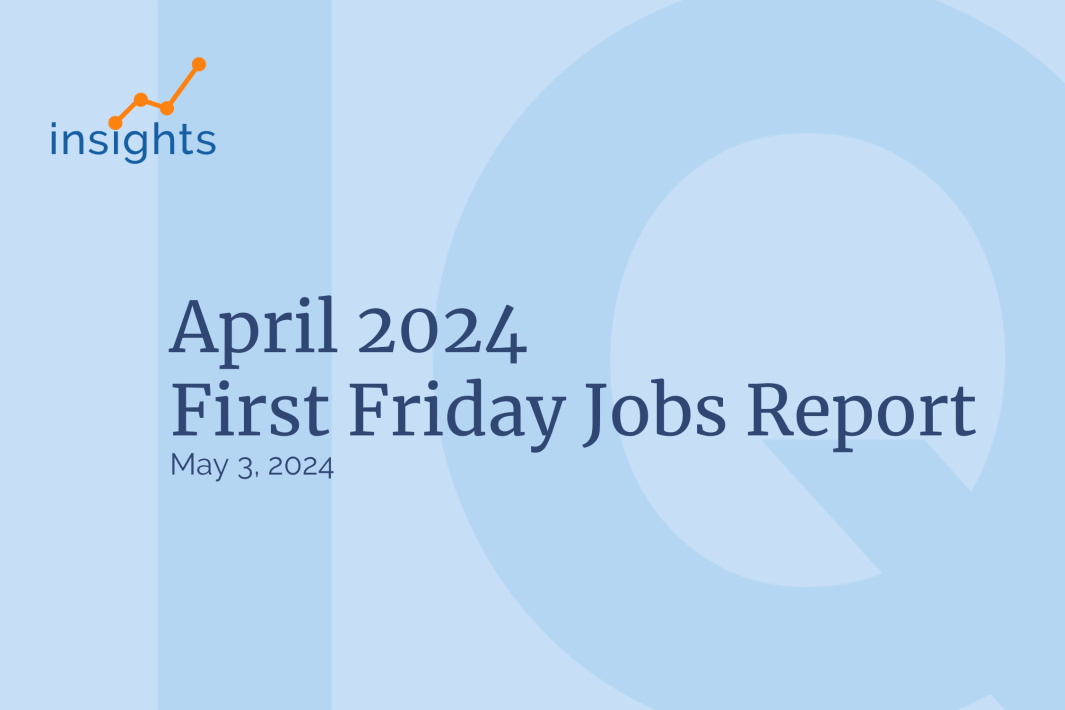In every local market, the No. 1 driver of business and economic growth is the vitality of the labor force. That’s why it’s critical that talent acquisition professionals have a solid understanding of these essential job market indicators that influence the health of their local economy and impact hiring.

Good market intelligence is crucial as the U.S. economy rebounds and with 73 million hires expected in 2021.
Here are the five job market indicators to watch when creating and driving talent and business strategies forward and when making hiring and compensation decisions.
1. Employment Conditions. Multiple metrics impact employment levels in a job market. These are some of the most important to track: job gain and growth, wage growth, Gross Domestic Product (GDP), the size of the labor force, the median household income growth and the unemployment rate. These metrics directly impact current and future employment levels. Understanding employment conditions will help in identifying good business opportunities and potential challenges.
2. Industries. How your industry or that of your business partners and clients is performing is important when planning to maintain or grow a business. Having access to an industry’s current and forecasted employment levels, wage growth, and GDP growth will better inform your hiring and business expansion strategies. It holds more importance when determining the pace of recouping jobs lost due to COVID-19 and the impact to your organization’s growth strategies.
3. Occupations. Whether you’re presently recruiting for a specific role or will soon, knowing current and forecasted wage growth and talent supply for specific job markets is useful. Based on if you are only searching for local candidates or open to recruiting talent from other cities, you can adjust your hiring strategy to meet any limitations. For instance, if you’re only hiring local candidates in a tight labor market, you can better assess if you need to rethink your job requirements and/or increase your starting pay to be more competitive. If you’re set up to hire remote workers or relocate the right candidate, you can target your efforts to cities that have more qualified candidates and compare compensation across these markets.
4. Diversity/Demographics. How diverse is your metropolitan area? Today’s organizations are more attuned than ever to the importance of diversity and inclusion in their talent strategy. They’re keenly aware of diversity’s importance for driving financial performance, as well as developing fresh new ways of thinking. Knowing a market’s makeup by factors including race, age, gender, education, migration and median income gives talent acquisition pros insights into consumption patterns and provides another tool for lead generation.
5. University Supply. How many college and university graduates live in your local market? How many students are enrolled in the local universities, and what percentage of the general population holds high school, associate’s, bachelor’s and advanced degrees? This information can indicate where to target recruitment efforts for present and future entry-level workers. It also helps if you’re trying to establish relationships with universities as a future source for talent.
By tracking these five key indicators, talent acquisition professionals will have an advantage in recruiting and hiring top talent, and business leaders for identifying growth opportunities and better business strategies.
Related: Do Job Postings Equal Talent Demand?
LaborIQ by ThinkWhy reports, forecasts and advises on employment conditions and the impact to jobs, industries and businesses across all U.S. cities.










